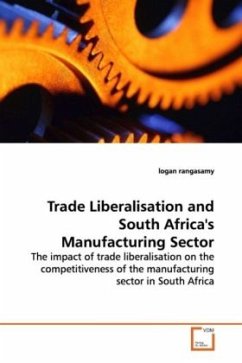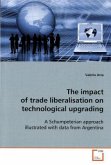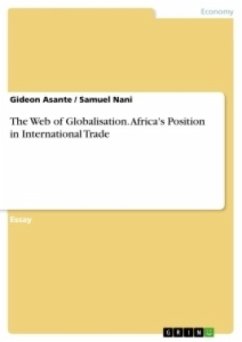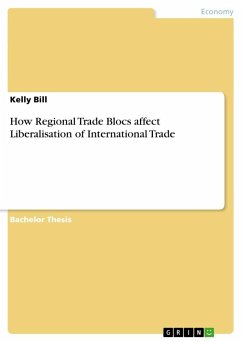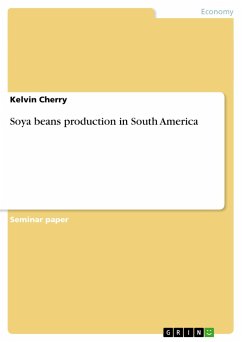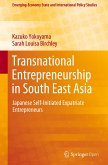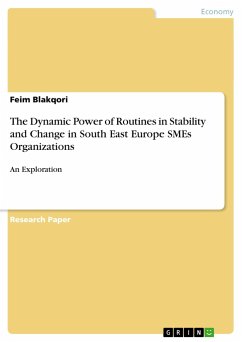The South African government undertook extensive
trade liberalisation during the 1990s with the
explicit purpose of improving the competitiveness of
industry. The pace of tariff liberalisation in some
cases, went beyond the requirements specified in
South Africa's WTO offer. This book provides a
critical analysis of the impact of the government's
liberalisation policy on the competitiveness of the
manufacturing sector in South Africa during the
1990s. The role of government intervention in
addressing deficient market practices is explored.
In essence the study argues that the desired or
appropriate level of openness may not entail
completely free markets for trade and investment.
This in essence implies an important role for
government in unsuring that market outcomes result
in the desired policy objectives.
trade liberalisation during the 1990s with the
explicit purpose of improving the competitiveness of
industry. The pace of tariff liberalisation in some
cases, went beyond the requirements specified in
South Africa's WTO offer. This book provides a
critical analysis of the impact of the government's
liberalisation policy on the competitiveness of the
manufacturing sector in South Africa during the
1990s. The role of government intervention in
addressing deficient market practices is explored.
In essence the study argues that the desired or
appropriate level of openness may not entail
completely free markets for trade and investment.
This in essence implies an important role for
government in unsuring that market outcomes result
in the desired policy objectives.
